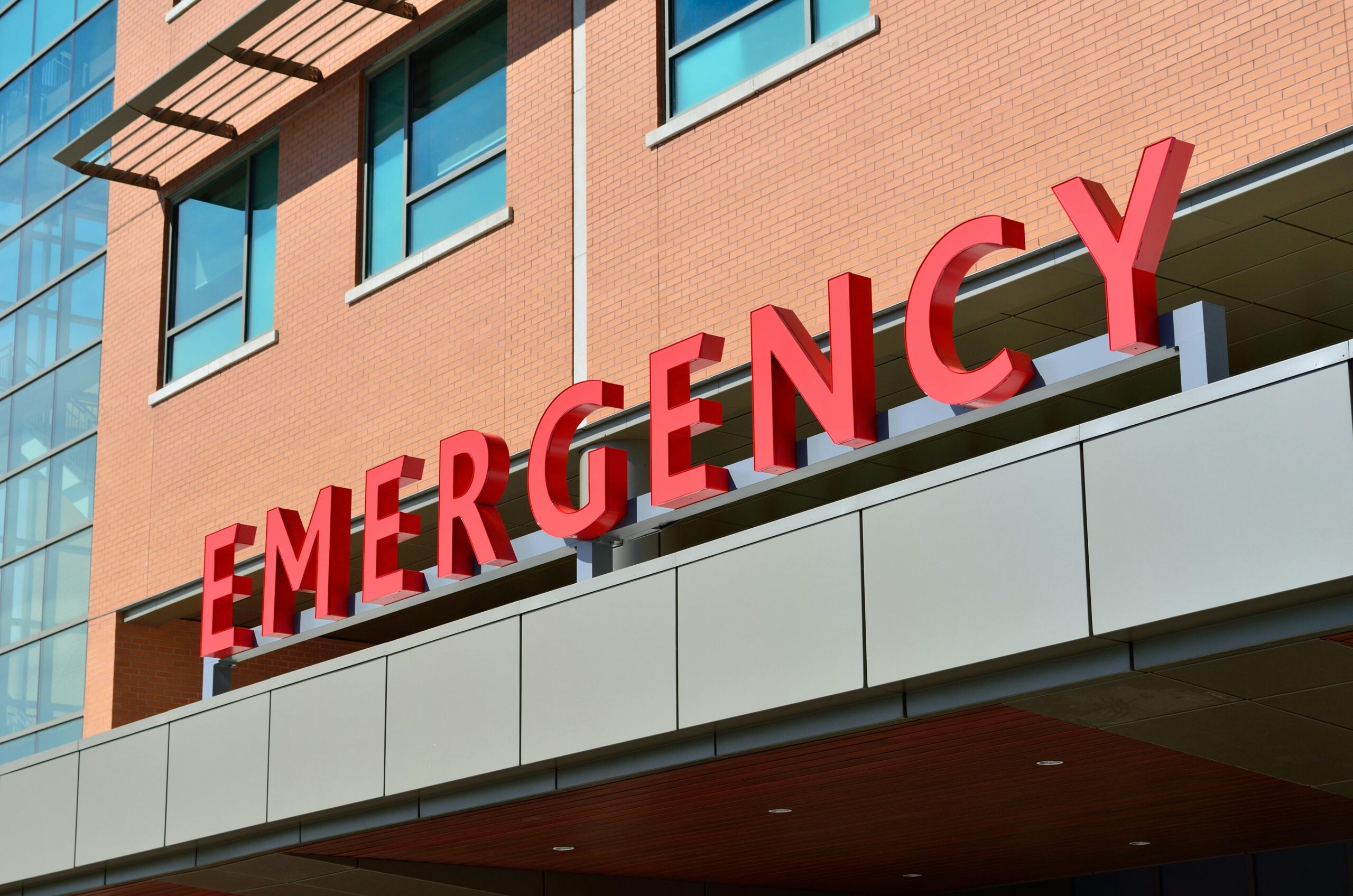There are many reasons why the historic effort to improve healthcare infrastructure in America has created a sweeping trend throughout the nation. Somewhat shocking is that it is driven primarily by the high demand for more mental health facilities. It is almost impossible to find any region in the U.S. without long waiting lists for forensic psychiatric services, mental health care, drug-related services, and competency restoration backlogs.
The demand for these services increased significantly during and after COVID. Most notable changes include a much higher need to address youth mental health crises, substance use, criminal justice system behavioral health pressures, and insufficient mental health service resources. The problem is made worse because healthcare infrastructure throughout the U.S. is aging, underbuilt, and in dire need of modernization.
In looking broadly across all states, Texas stands out currently as the leader in efforts to address mental health service shortages. Since 2023, Texas lawmakers have allocated between $1.5 and $2.5 billion for construction and major renovations to multiple psychiatric hospitals.
That trend, however, has become universal in America. The state of Kansas recently announced support for a new psychiatric hospital in Wichita, a project that carries a cost tag of $101.5 million. Additionally, the state will support the reopening of a 30-bed unit in Larned by January 2027. Legislators in Montana recently approved a $124 million upgrade to a behavioral health facility that will include modernizations and expanded community services. The state of California has plans to tackle behavioral health needs by addressing the demand for an estimated 5,000+ residential beds and 21,800+ outpatient service rooms statewide. South Carolina state officials recently voted to provide $100 million to support a new behavioral health facility in the upstate region. The new facility will replace a hospital built in 1969.
This trend has already resulted in a high demand for contractors that plan, manage, renovate and construct healthcare projects, and there are hundreds more healthcare-related projects currently in planning phases. Technology and all types of specialized equipment will be required, and consulting and professional service firms will see an abundance of opportunities to partner with governmental entities. The following upcoming opportunities provide examples of what can be expected in the next several years.
Officials at the State University of New York will launch a $1 billion modernization and expansion project to revitalize a hospital in Brooklyn. The project will be designed to transform and modernize the state-operated academic medical center. Its outdated inpatient facilities will be upgraded, and the emergency services area will be expanded. All procedural and specialty care units will be improved, and a new ambulatory services unit will be expanded. The current hospital is outdated and can no longer operate efficiently. Planning and design work are underway along with work related to permitting and implementation strategy. Construction is planned for late 2026.
The state of Maryland has approved financial support for the construction of a new high-intensity residential treatment center to serve youth experiencing severe behavioral health issues and emotional distress. The $75.5 million project will be designed to provide services to children and adolescents with court orders mandating competency evaluations and/or treatment in a secure, therapeutic setting. The planned 48-bed facility will be located on the campus of the Regional Institute for Children and Adolescents in Baltimore, Maryland. This initiative is part of a broader initiative by the Maryland Department of Health to address critical shortages in behavioral health infrastructure. When completed, the new facility will also include a school, infirmary, dining hall, recreational areas, and administrative offices. Construction is scheduled to begin in late 2027.
Virginia’s Community Services Board has announced plans for a $15 million mental health crisis center to address the significant shortage of behavioral health treatment facilities in Augusta County. The new center will serve Staunton, Augusta County, and Waynesboro, where suicide rates have doubled both state and national averages. When completed, the facility will expand crisis intervention services throughout the region because the current system lacks sufficient crisis stabilization resources. Currently, individuals experiencing mental health emergencies must rely on hospital emergency rooms which lack sufficient resources or wait for long periods of time for specialized mental health treatment.
The new crisis center will accommodate two specialized programs, the first being a 24-hour Crisis Receiving Center and the second program will be a Crisis Stabilization Unit. When completed, peer support specialists will be available for medical evaluations and a crisis responder service unit will be operational. Construction solicitations will be released as soon as the planning and design phase ends and plans call for the facility to open by 2027.
The Missouri Department of Mental Health is collaborating with University Health, a public hospital system, to build a new state-operated psychiatric hospital in Kansas City, Missouri. The $300 million facility will be a state-of-the-art center capable of addressing the growing mental health needs of the region and deliver recovery-based and trauma-informed behavioral healthcare. A single-level 300,000-square-foot facility large enough to accommodate 200 beds, modern treatment spaces, and a behavioral health emergency department will be constructed. The emergency department will be designated for individuals experiencing a mental health emergency. Currently in the design phase, construction is planned for 2026. Solicitation documents will specifically call for a Construction Manager at Risk (CMAR) delivery method.
Montana state legislators allocated $60 million for the construction of a new forensic mental health facility to address the state’s growing need for specialized care. While a specific location is yet to be determined, the new hospital will be located near Billings where mental health services are particularly lacking. It will be large enough to accommodate 70 beds and provide space for secure treatment for individuals with mental illness who are currently in the criminal justice system. Special units will be available for individuals suffering from mental illness, inmates found not guilty by reason of mental illness, and individuals requiring forensic evaluations or competency restoration prior to legal proceedings. As the planning phase continues, more details regarding the construction timeline will be released.
Officials at Indiana University will oversee a $214 million project to replace the institution’s cancer center. The initiative will include a new medical facility and significant upgrades to two other existing healthcare centers. When completed, the new building will span 55,000 square feet and will increase the center’s capacity to perform infusion therapy by approximately 23%. It will provide an oncology rapid-access clinic, space for advanced radiation therapy services, precision genomics treatments and numerous types of wellness amenities. Along with relocating the cancer center, the project will also call for a new inpatient hospital which will be the first full-service inpatient facility within city limits. It will include a 24/7 emergency department, inpatient units, operating rooms, advanced labs, and emergency transport services. Construction is expected to begin in 2026, but no specific timeline has been announced for the release of solicitation documents.
Following continuing state and local reinvestment, America’s healthcare infrastructure will be much more robust in a few years, improving healthcare outcomes and delivery throughout the nation. That accomplishment will represent another successful collaborative effort made possible by public and private sector partners.
Photo by Pixabay from Pexels







